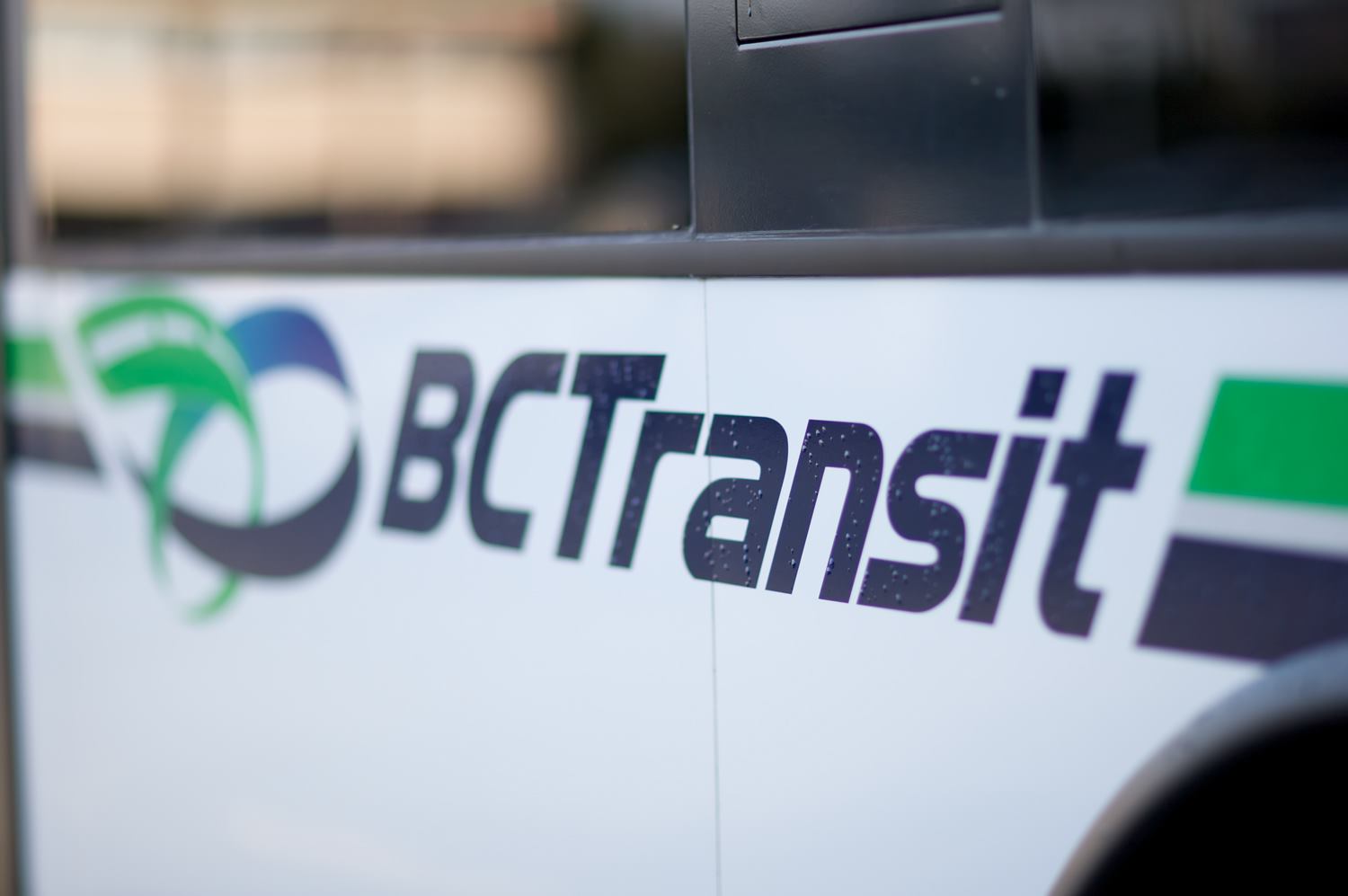A shortage of transit drivers in the region has resulted in missed trips and sometimes passengers being stranded.
Tom Newell, RDCK director for Area F, says transit has been an issue for several rural residents who don’t own a car or don’t have access to private transportation.
“Four months ago I was getting feedback from residents noting there were a number of missed trips,” Newell says. “This was impacting several people because they weren’t able to get to work, so I brought it formally to the board to address it.”
He says work was being done to fill gaps in the service but the board didn’t have the full details.
“I thought I would bring it to the board in November so we had something to address,” he says. “We knew the transit committee was dealing with the issue, but there wasn’t a formal report on the challenges of service.”
A motion to address transit was put forward at the board meeting today, but Newell says he withdrew it now that staff know about the challenges.
“There were a couple of staff reports from [research analyst] Tom Dool on transit,” he says. “This is why I felt the motion wasn’t necessary now that the board was well aware of the challenges, and the transit committee was doing the best they could.”
Newell says the biggest challenge they are facing is staffing and it is the reason for missed trips, cancellations and people being stranded.
“When I first heard about these complaints it was mainly just cancellations due to staffing challenges,” he says.
He says looking at innovative methods of servicing rural customers could be looked at the in the new year.
“Rural transit is a challenge,” he says. “There is a lot of land, and space between people, and how do we get access to them? I think we have to look at a more in-depth approach to resolve this.”
According to a staff report to the RDCK board, the rate of unemployment in the transportation and warehousing sector in the Kootenays is at a 10 year low of 1.9 percent while the provincial average is 3.6 percent.
To help resolve the shortage BC Transit and NextGen have been fast tracking training to ensure employees can begin making a full wage as quickly as possible.




